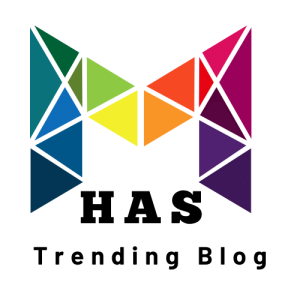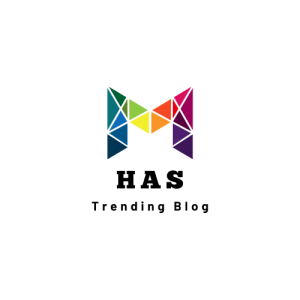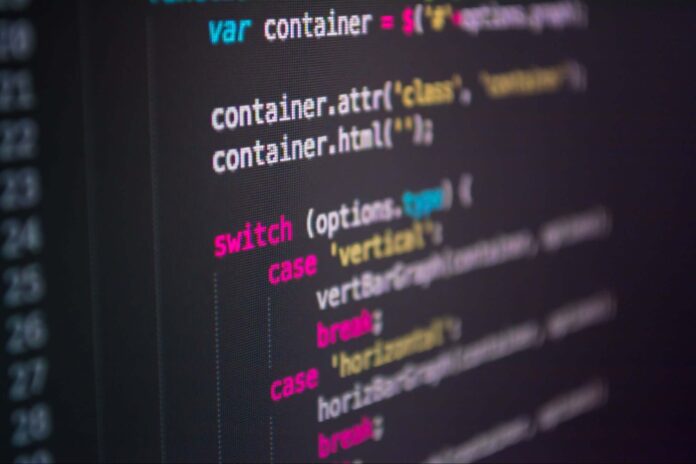Most companies rely on digital technology to conduct business and make critical decisions every day. Today’s businesses monitor and analyze data from a range of digital sources, including emails, chats, surveys, customer transactions, social media posts and more. Yet, figuring out how to extract relevant data from every digital source and then use it in a way that provides value for customers is a challenge for many enterprises.
This is where the increasingly prevalent movement of no-code AI can come into play. With no-code AI, companies in all industries can implement strategies for extracting data and using it in ways that can help them reach their business objectives while serving customers.
Before we get into use cases, let’s talk about what I mean by the phrase “no-code AI.” It’s part of the no-code platform movement that aims to help businesses and organizations develop applications without knowing how to code. This makes app development much more accessible and affordable since users don’t need to be developers or have a computer engineering background.
Organizations can use no-code platforms to develop no-code artificial intelligence (AI) and machine learning (ML) models. These can help organizations sort and analyze data faster than ever. ML models are trained to recognize patterns and can do so in a small fraction of the amount of time it would take a human. This leads to increased efficiency and accuracy for organizations, especially in the financial and health sectors.
There are many ways no-code AI can be used in businesses, including small businesses looking to find ways to embrace the power of automation. Here are just a few examples of how no-code AI is impacting different industries.
Financial sector
Several financial services firms have started incorporating no-code AI into their workflows to improve security and provide an enhanced customer experience. By using no-code AI, the entire customer experience can be streamlined.
Let’s take an example of a loan application. Using no-code AI, financial services teams can build an ML model to quickly scan loan applications and determine which ones meet the required criteria. The underwriting team now has more time to focus on approved applicants instead of spending all their time sifting through applications.
As different teams need new ML models to improve their processes, they can use a no-code AI platform to create them. This makes their operations more efficient because they no longer need to wait for their IT team or data scientists to develop a new model every time a need arises. Those experts are now freed up to focus on complex challenges that require more in-depth knowledge.
Healthcare
AI can be incredibly useful in the healthcare sector. For example, an ML model can scan thousands of images in a matter of seconds to look for signs of cancer growth. This saves doctors hundreds of hours and gives them more time to focus on treating their patients.
With no-code AI, healthcare teams can create ML models for their specific needs. This can include everything from supporting doctors to improving patient care to streamlining billing.
Marketing
Savvy marketers rely on data to make informed decisions about segmenting their customers and creating targeted campaigns. With no-code AI, they can create ML models that help them sort and analyze data in all kinds of meaningful ways. There is a lot of room for marketers to experiment with no-code AI since it does not require a development team.
No-code AI is creating limitless opportunities for organizations and marketers to take raw data and turn it into something useful. What will happen when brands start embracing the potential of no-limit, no-code AI? My prediction is that enterprises that start using no-code AI will be at the forefront of their industries as they find new and innovative ways to turn data into valuable insights that will launch their organizations into the future.













